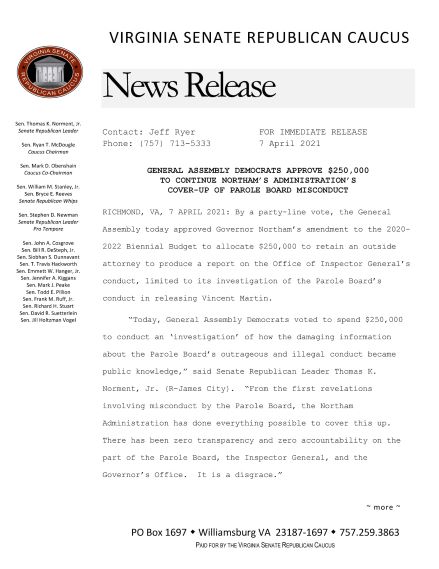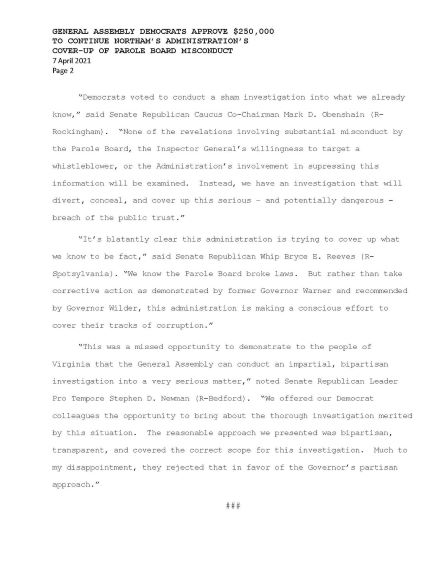EDITORIAL: Don’t eliminate advanced diplomas
May 18, 2021BY THE EDITORIAL PAGE STAFF OF THE FREE LANCE-STAR May 18, 2021
UBLIC school students in Virginia are entitled to an education that best fits their specific needs. This applies not only to students who are struggling academically, but also to students who are willing and able to do accelerated work.
Last month, a committee of the Virginia Department of Education looked at the possibility of consolidating the commonwealth’s standard and advanced diplomas as a way to achieve racial equity. “There does continue to be a stark difference in which students we see earning which diploma,” said Leslie Sale, director of the VDOE Office of Policy. She noted that in 2019, 79 percent of Asian students earned advanced diplomas, compared with 63 percent of white students, 44 percent of Hispanic students, and 40 percent of Black students.
But the most stark difference between them is not race. It’s how much effort students put in to earn an advanced diploma instead of a standard diploma.
The minimum requirements for a standard diploma are four years of English, three years of mathematics, three years of a lab science, and three years of history and social science in addition to physical education and various electives, for a total of 22 credits. However, earning an advanced diploma includes an extra year of mathematics, laboratory science, history and social science and three years of a foreign language, for a total of 26 credits.
A 2014 VDOE-sponsored study by the Virginia College and Career Readiness Institute found that 83 percent of students who earned an advanced diploma enrolled in college and remained enrolled until they earned an associate’s or bachelor’s degree, compared with just 46 percent of students who earned a standard diploma.
And VDOE’S own 2012 study, “High School Predictors of College Readiness,” noted that research “showed unequivocally that when [racial/ethnic minority] students reach higher levels of achievement in high school, their chances of success in college are much closer to those of other students who have the same level of achievement.”
The reason for this is simple: “These diploma types demand vastly different requirements of students during their four years in high school,” according to the study. And since an advanced diploma is also better aligned with college-level coursework, minority students arrive on campus better prepared to succeed.
Turning the clear difference between diplomas into a racial equity issue does a great disservice to all students, including minority students, who take on the challenges of a harder course load in high school. All students should be told the truth as freshmen that, as the CCRI study points out, “diploma types matter,” not only in preparing students for college and helping them earn a degree, but also in finding a well-paying job in the increasingly technological workplace beyond college as well.
If a disproportionately low number of Black and Hispanic students are signing up for the advanced studies diploma, the solution is not to get rid of the diploma, but for educators in elementary and middle schools to ask themselves some difficult questions:
Are they identifying and mentoring smart minority kids? Are they sufficiently challenging these students and steering them into advanced work, or are they accepting average or sub-standard work from them due to what former President George W. Bush called “the soft bigotry of low expectations?” Have they explained to parents how important it is to make sure their minority child is on grade level well before they get to high school?
It’s much easier to lower the bar than to raise student achievement. But that doesn’t promote equity for anyone.




